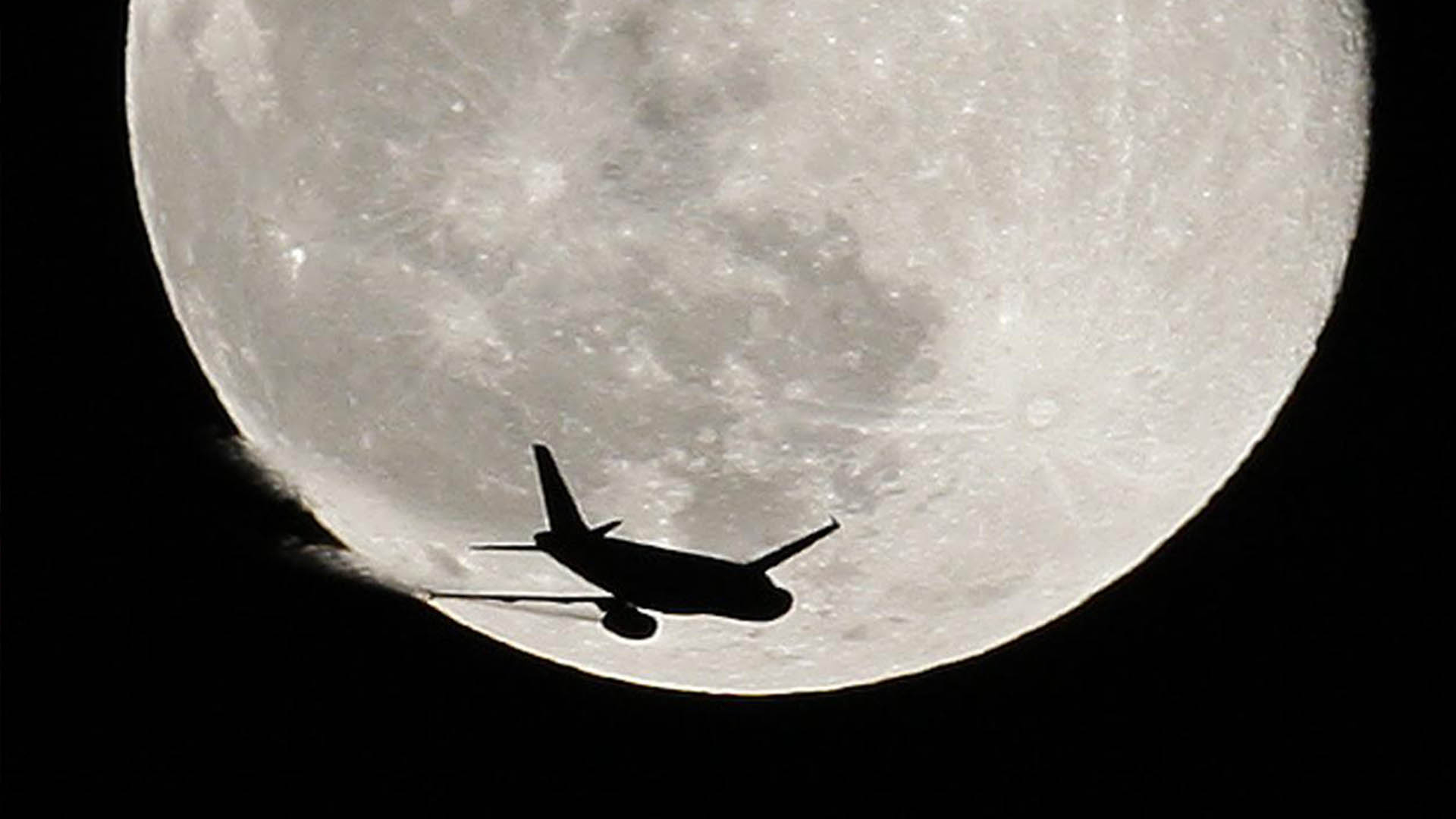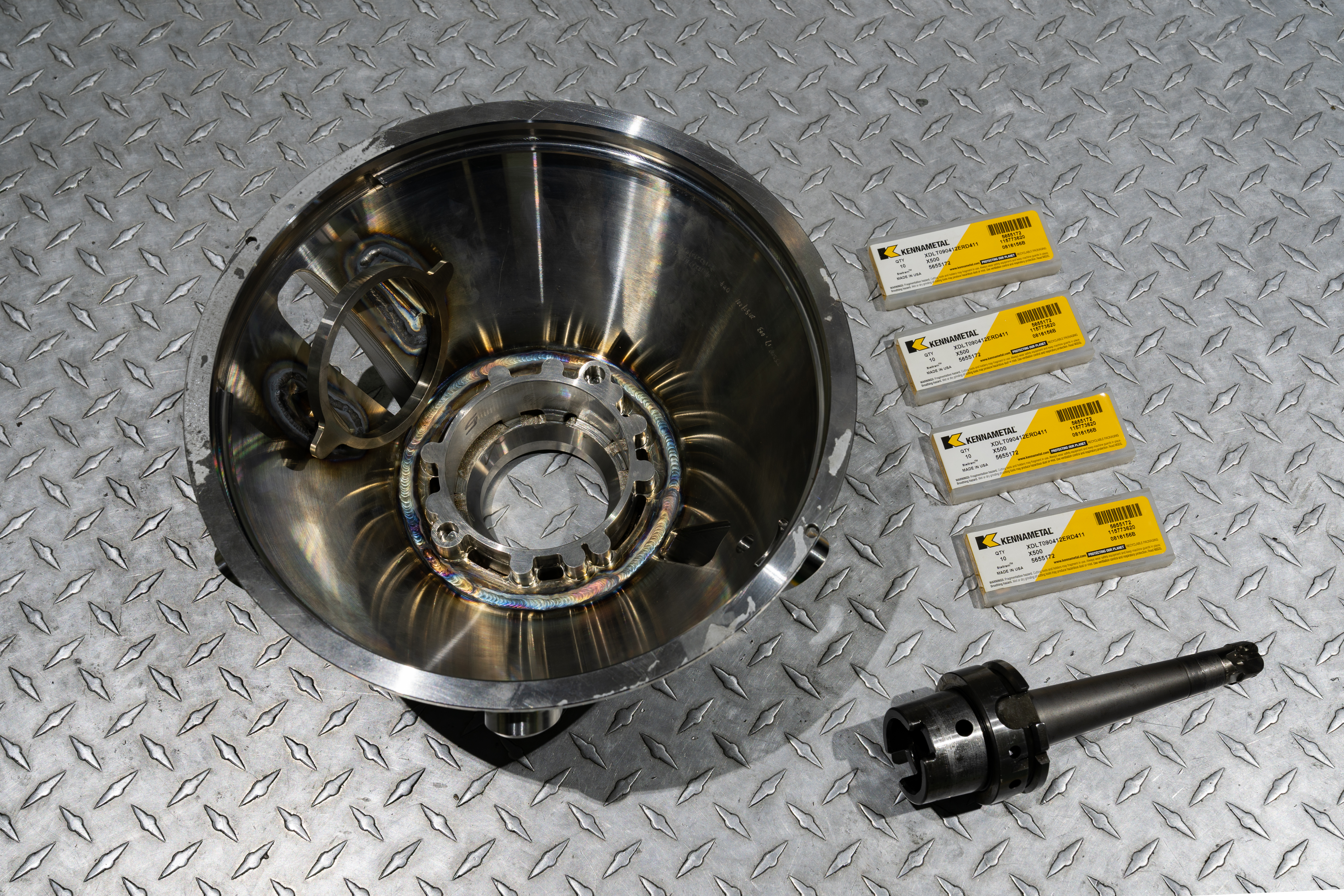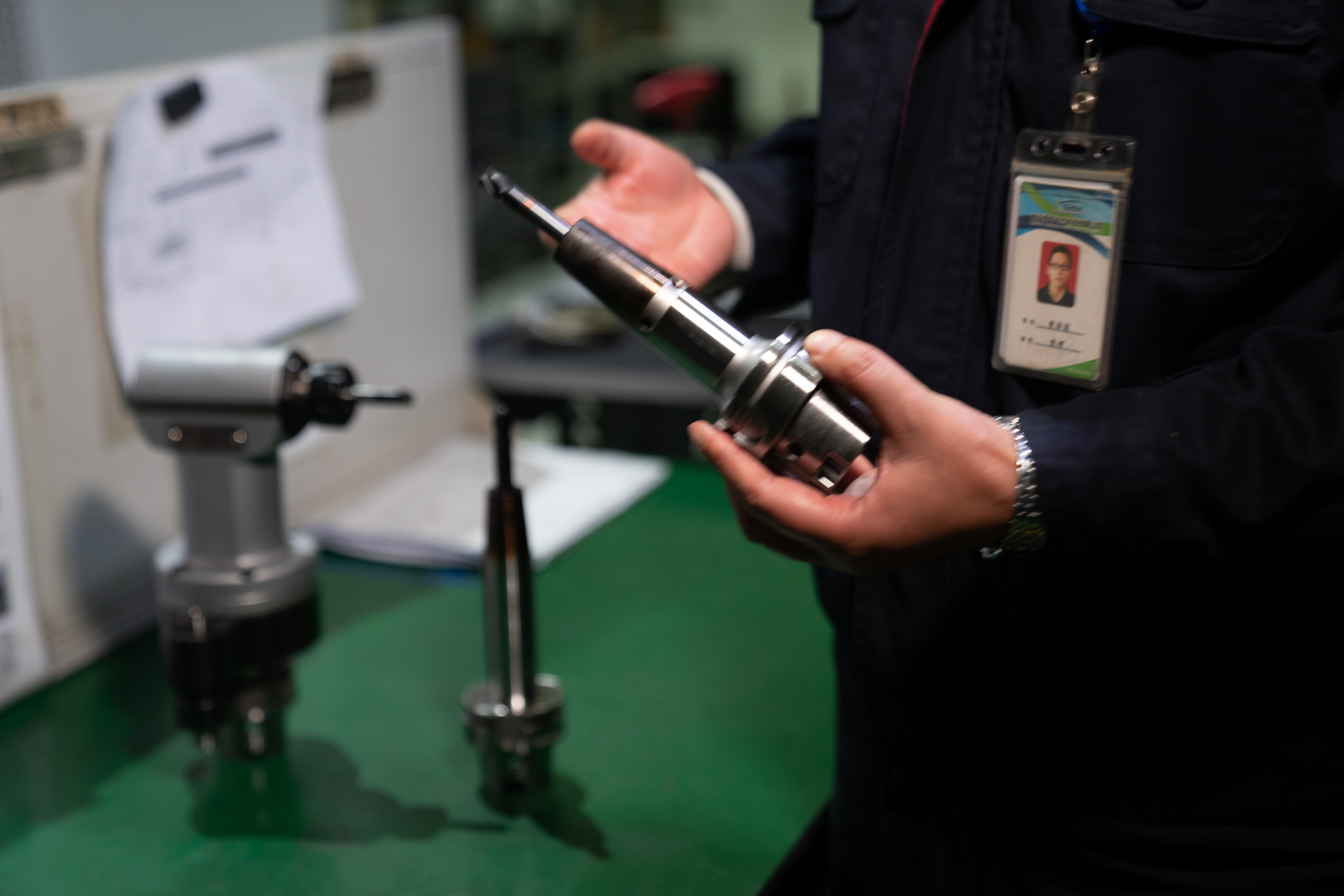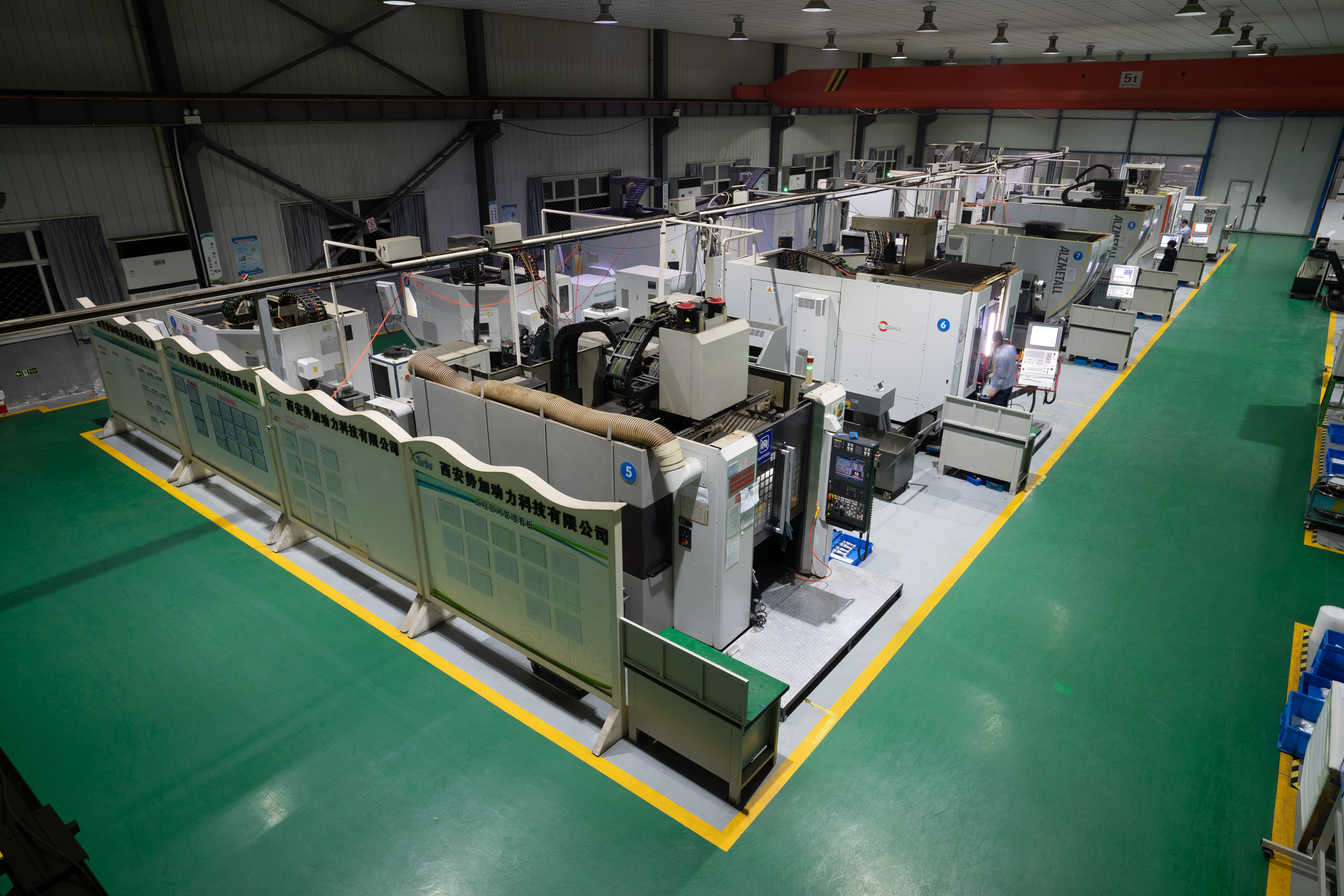04:30

Stock markets rallied after Beijing and Washington agreed on the long-anticipated phase one trade deal. While many hailed it as a "victory," businesses remain cautious. The aviation sector – with hi-tech at its core – is one of them. "The 'ceasefire' will not change the U.S.' confrontation against China. The competition in technology will last for a long time," said Cao Haobo, founder of XTurbo Technologies – an aircraft turbo parts manufacturer in northwestern China, to CGTN on Saturday morning.
Chinese aviation is in its infancy, but manufacturers in the sector are looking to the sky. Within the country's first national aviation base in Xi'an lies XTurbo, a maker of precision components for airplanes. Cao, who started the company five years ago, wants the world to know that XTurbo and other domestic manufacturers can make high-quality products that were once the domain of developed industrial nations. However, soaring costs and a cutoff of supplies due to the China-U.S. trade war have made him rethink sourcing from foreign suppliers, and focus on domestic R&D.
Read more: China, U.S. agree on text of phase one trade deal

Tool holders of Kennametal at XTurbo's workshop in Xi'an, northwest China, October 19, 2019 /CGTN Photo
Tool holders of Kennametal at XTurbo's workshop in Xi'an, northwest China, October 19, 2019 /CGTN Photo
Before relations between China and the U.S. took a nosedive, Cao would make a trip to the Massachusetts Institute of Technology each year to network and keep up with the latest developments in the global aviation industry. It has been two years since he visited. As a result, "academic exchanges between both sides have decreased, and my American partners lament this situation," Cao told CGTN during the latter's tour of his factory in October.
One of XTurbo's former U.S. suppliers, Kennametal, has a history of almost a century in creating cutting tools used for metalworking in products ranging from airliners to machinery. When U.S. President Donald Trump announced he was raising tariffs on imported steel and aluminum, the storied toolmaker advised XTurbo – a big buyer of a dozen of its cutters – to import as much as the Chinese manufacturer could before the prices of the tools were affected due to projected higher costs of the raw materials. So far, the tit-for-tat trade war has hiked tariffs on such tools from nine to 25 percent.
"Our American friends and we both feel extremely frustrated about the current scenario – not being able to work together or communicate with each other," Cao stated. Kennametal won't emerge from the trade war unscathed either. Since these manufacturers often specialize in a few products, losing access to the huge Chinese market means they will have a difficult time finding similarly large clients. And by the time of press, Cao noted that Kennametal is now looking for other emerging markets.

Cao Haobo holds a domestically-manufactured knife handle in his workshop in Xi'an, China, October 19, 2019. /CGTN Photo
Cao Haobo holds a domestically-manufactured knife handle in his workshop in Xi'an, China, October 19, 2019. /CGTN Photo
XTurbo also imported bearings from the U.S. for use in aircraft. The components typically have a usage period of three to six months, but they are 40 percent more expensive as a result of the higher tariffs. The Chinese manufacturer's orders for these components have dropped by 50 percent since 2018.
Trade difficulties made XTurbo switch to Haimer, a Germany-based company, but that wasn't the right fit either. Compared with Kennametal, the tools took longer to source and cost more, according to Cao. Instead of looking outward, the company started considering domestic alternatives. It now cooperates with a toolmaker in southwest China's Chengdu, which Cao noted had better service and is more amenable to custom requests. "Their tools are more of tailor-made. They provide 24-hour service to our need of commissioning," an employee at XTurbo added.
The savings don't hurt – the cost of the tools from sourcing domestically is about 25 percent lower than those from Kennametal even before the tariff hike.
Difficulties dealing with foreign companies as a result of the trade war have made at least one thing clear – be self-reliant. XTurbo and other Chinese manufacturers in the same boat are pumping money into intellectual property and R&D in hopes of building their own production lines free from external pressures. XTurbo has already set up its own production line which has now been exported to the German market.

The production lines at XTurbo's workshop, in Xi'an, northwest China, October 19, 2019. /CGTN Photo
The production lines at XTurbo's workshop, in Xi'an, northwest China, October 19, 2019. /CGTN Photo
But the most difficult part lies in software, where the U.S. has been unrivaled for decades. As XTurbo's systems also use American software, which will be updated every three to five years, the uncertainty of bilateral ties means it must develop its own software. Cao added that the company is working closely with top universities in China to develop replacement software.
Cao's belief in self-reliance began five years ago, a time when a chip war between the two countries quietly emerged. Washington's attempt to contain Beijing in the hi-tech realm has long predated Trump's trade war. It's one of their consistent strategies against the world's second largest economy.
It seems like there are growing pains for all parties involved amid the trade uncertainty, but XTurbo is optimistic. At the last aviation expo, Cao noted that clients in other countries notably Germany were starting to use his company's equipment and production lines. "Our equipment can make precision turbo components just as well as those from other countries."
Reporters: Wang Xiaonan, Zeng Ziyi
Article written by Wang Xiaonan
Videographers: Zhang Wanbao, Zeng Ziyi
Video editor: Zhang Wanbao
Photographer: Qu Bo
Coordinator: Zhang Pengfei
Supervisor: Mei Yan
This is our second report on how the trade entanglement between the world's two economic titans affects the aviation industry. You can find the first story here.